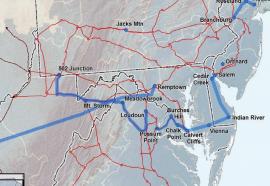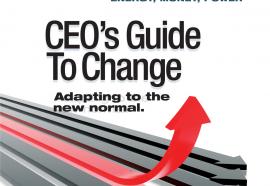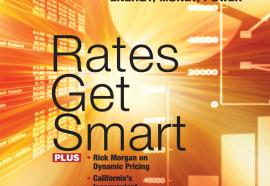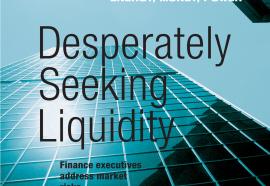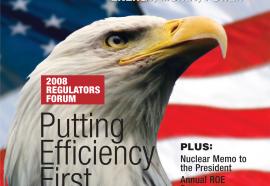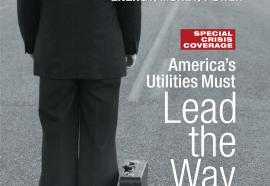When Markets Fail
New England grapples with excess capacity and rock-bottom prices.
“Corrosive.” “Seriously flawed.” On the “brink of market failure.”That’s what critics say about New England’s forward capacity market (FCM), whereby ISO New England conducts auctions to solicit offers from project developers to make electric capacity available three years into the future to meet anticipated regional demand.




